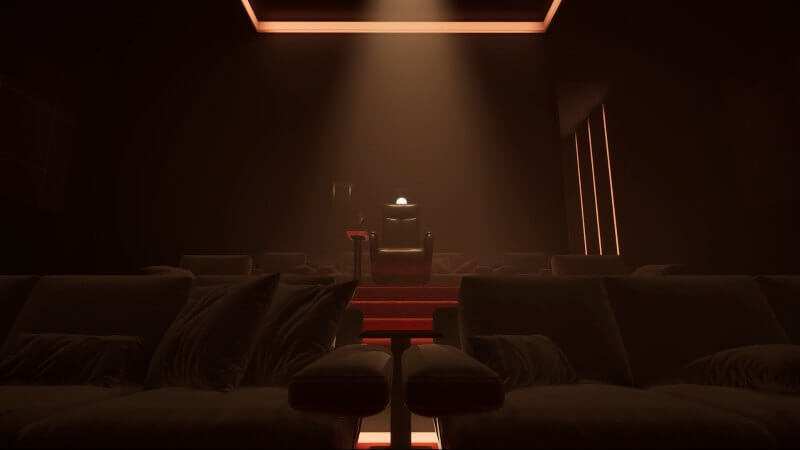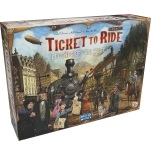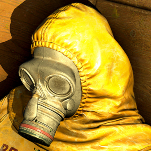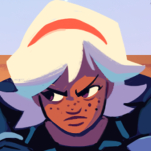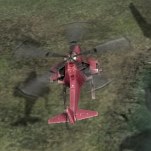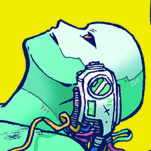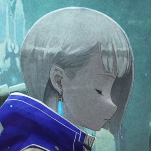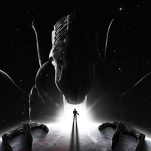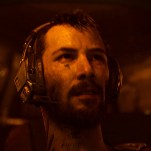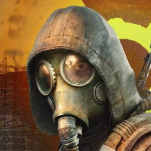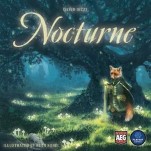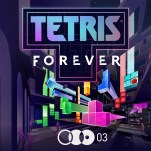Dead Take Turns the Horror of the Hollywood Machine into a Psychological Escape Room
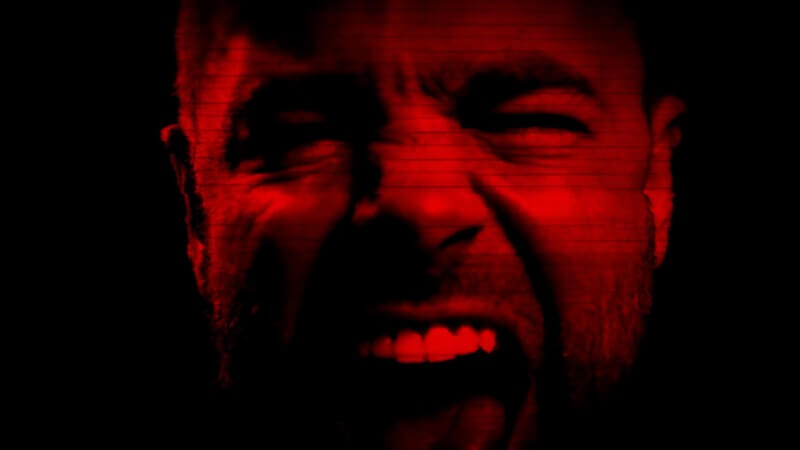
How do you follow up a game like Tales of Kenzera: Zau, an afrofuturistic adventure platformer with a story inspired by personal loss and grief? For Abubakar Salim, CEO and founder of Surgent Studios, the answer appears to be simple: drive the knife even deeper. Where the aforementioned 2024 title was inspired by the untimely loss of his father, Dead Take, a psychological horror game set in contemporary Hollywood, appears to have drawn inspiration—albeit implicitly—from Salim’s own experiences around and within the entertainment business.
Players assume the role of Chase Lowry, a struggling actor desperate for his big break. Chase ventures out to the palatial Hollywood Hills mansion of Duke Cain, an elusive and ruthless movie mogul, in search of Vinny Monroe, his colleague and friend. Not long after arriving, however, Chase realizes there’s something far more sinister than show business as usual going on within Cain’s professional orbit. You’ll have to trace back the events of the weeks and hours leading up to the night if you’re to have any hopes of finding Vinny before… well, before something terrible happens.
At its core, Dead Take is a “psychological horror escape room” game, challenging the player to probe and wander through the labyrinthine corridors and hidden passageways of Duke’s home. You’ll uncover clues to puzzles scattered in and around the perimeter, wrapping around multiple times over as you piece together the shape of Duke’s grand scheme and your own unwitting part in it.
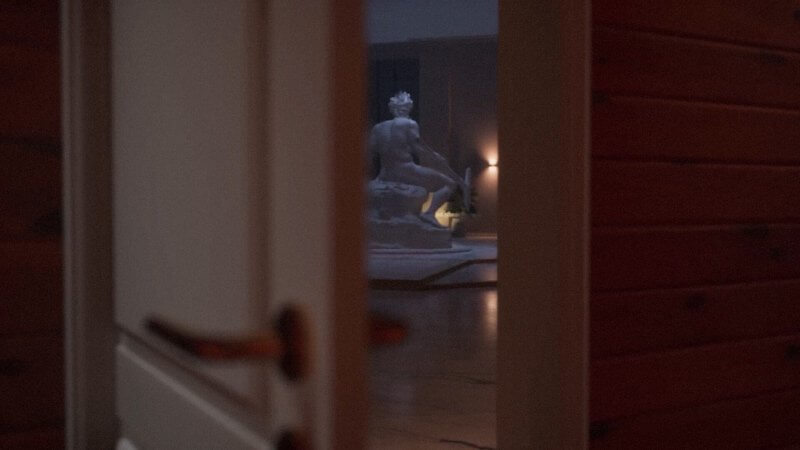
Dead Take is also an FMV detective game, one in which players must collect footage scattered across the house and edit it together using “Splaice” (pronounced “Splice”), a proprietary editing software accessible through Duke’s personal private screening room. The moment-to-moment experience can be aptly described as 2013’s Gone Home by way of 2022’s Immortality, with a generous splash of classic Resident Evil environmental puzzles thrown in for added flavor. Of the many touchpoints I thought of during my playthrough, though, the most prominent one in terms of comparative tone and themes was 2019’s Layers of Fear 2, the oft-overlooked sequel to Bloober Team’s 2016 original.
-

-

-

-

-

-

-

-

-

-

-

-

-

-

-

-

-

-

-

-

-

-

-

-

-

-

-

-

-

-

-

-

-

-

-

-

-

-

-

-

